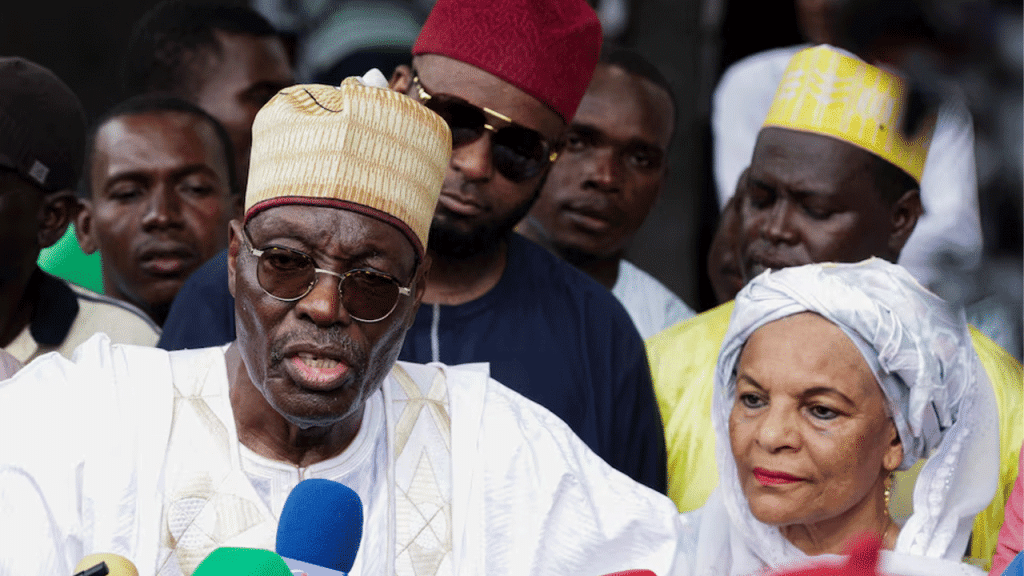Ghana’s Supreme Court has upheld the controversial anti-LGBTQ bill, dismissing a legal challenge that questioned its constitutionality. The ruling paves the way for the bill, formally known as the Promotion of Proper Human Sexual Rights and Ghanaian Family Values Bill, to progress towards presidential assent.
The court’s decision followed arguments by human rights groups and activists who claimed that the bill violates fundamental rights enshrined in Ghana’s constitution. However, the justices concluded that the legislation aligns with the country’s cultural values and moral framework. The bill has sparked widespread debate, both domestically and internationally, since its introduction.
Key provisions of the bill criminalize the promotion, advocacy, and practice of LGBTQ activities. Violators could face severe penalties, including imprisonment. The legislation also targets individuals and organizations perceived to be aiding or abetting LGBTQ activities.
While the court’s ruling was celebrated by supporters of the bill, it has drawn criticism from local and international human rights organizations. Critics argue that the bill perpetuates discrimination and undermines Ghana’s commitments to global human rights conventions.
Prominent Ghanaian musician Sister Derby, a vocal critic of the bill, expressed doubts about its future, stating, “No president wants to sign the anti-LGBT bill because of the backlash it will bring.” Her remarks reflect concerns over the potential diplomatic and economic implications of passing the bill into law.
Despite the court’s decision, President Nana Akufo-Addo has yet to indicate whether he will sign the bill into law. Observers suggest the president may face significant pressure from both domestic advocates and international bodies, including the United Nations, which has previously criticized Ghana’s stance on LGBTQ rights.
The anti-LGBTQ bill has become a polarizing issue in Ghana, reflecting broader tensions between preserving cultural values and adhering to international human rights norms. With the court’s ruling, the focus now shifts to the presidency and the potential implications of enacting the legislation.























